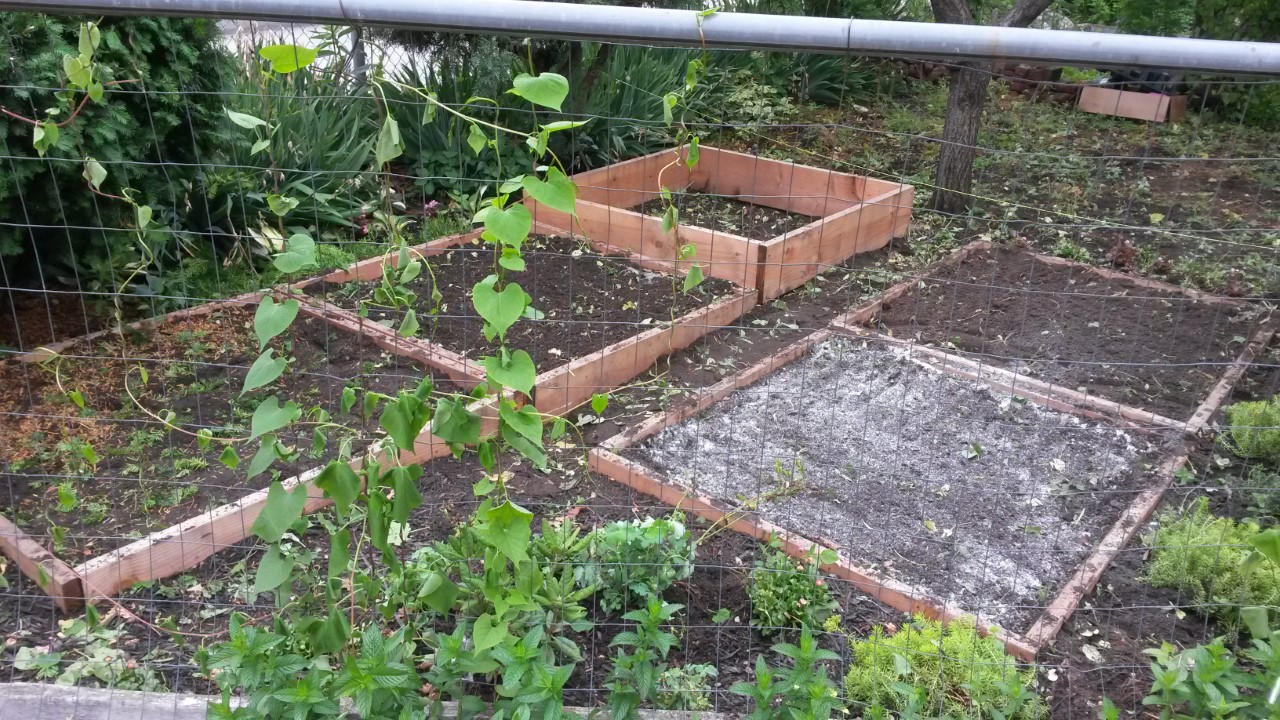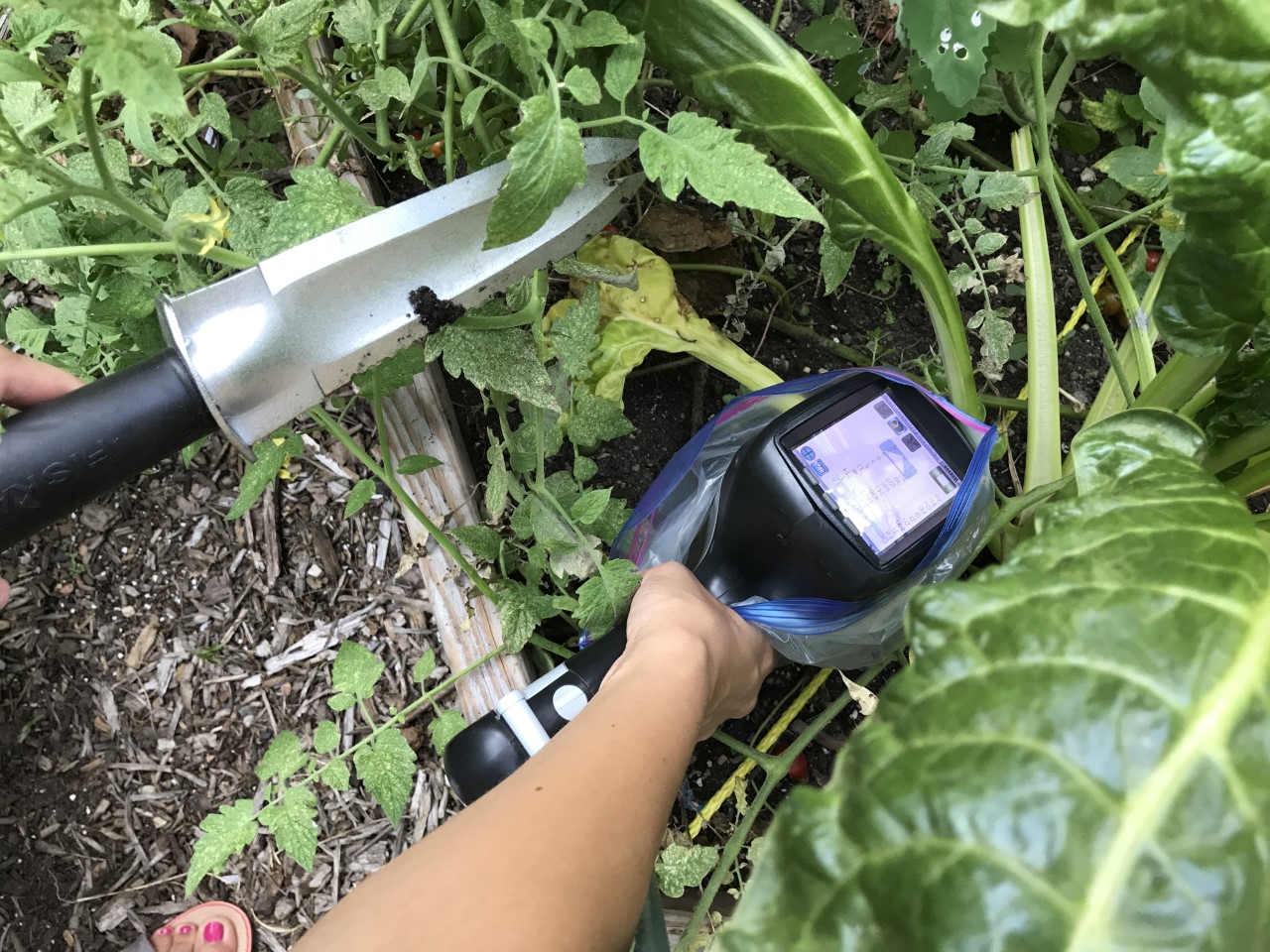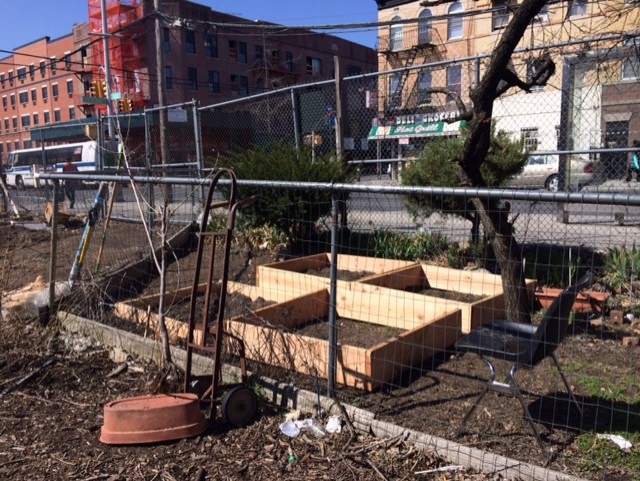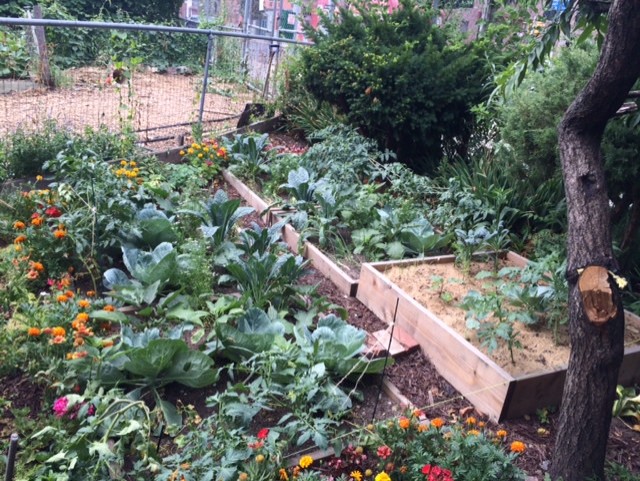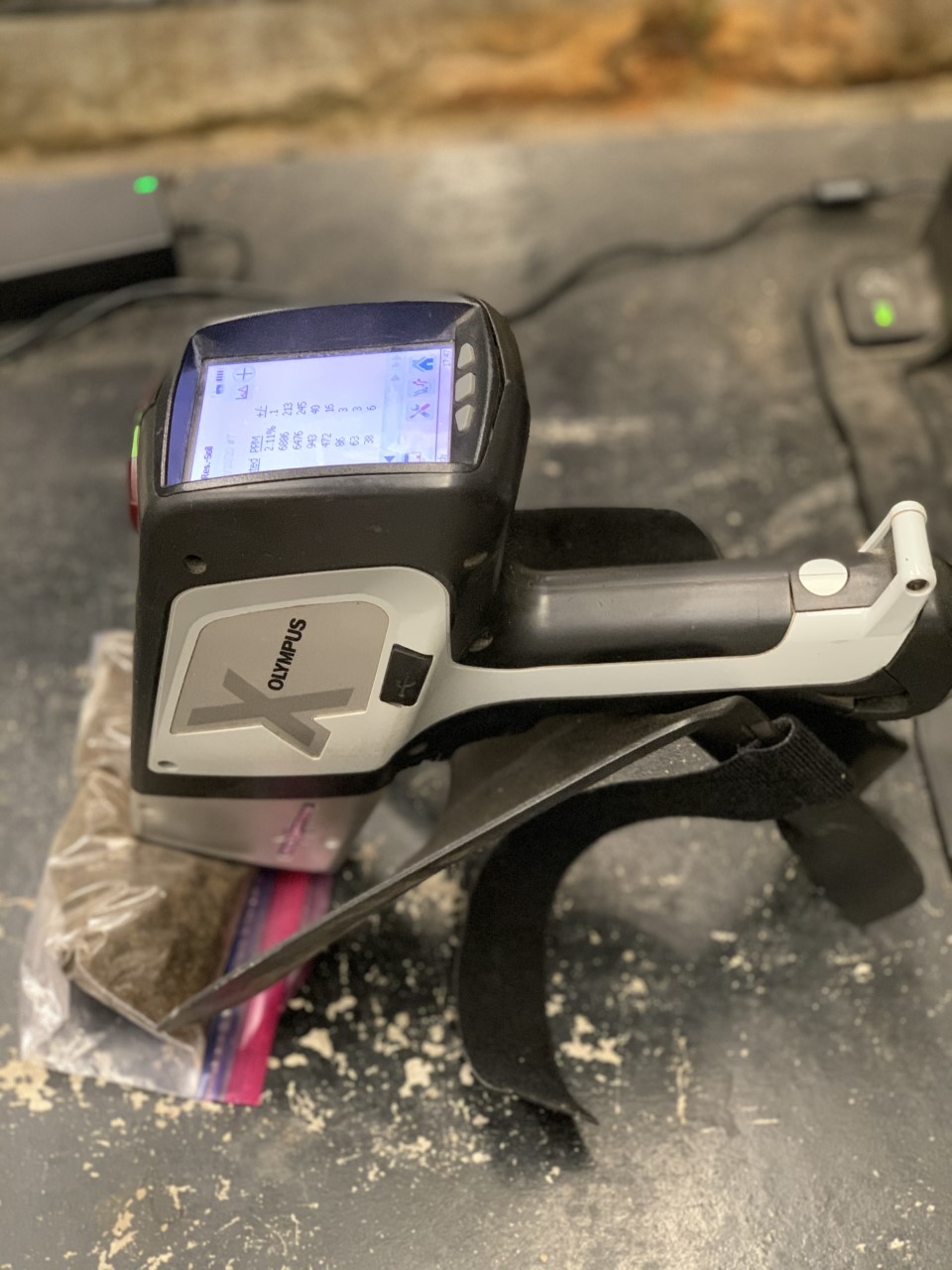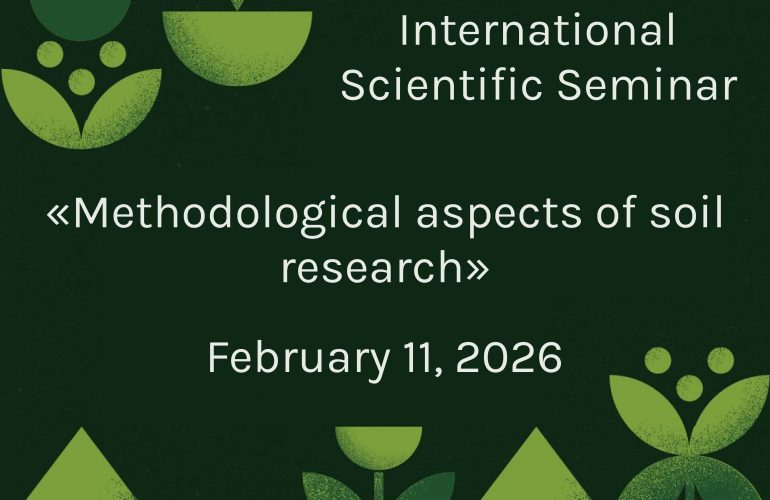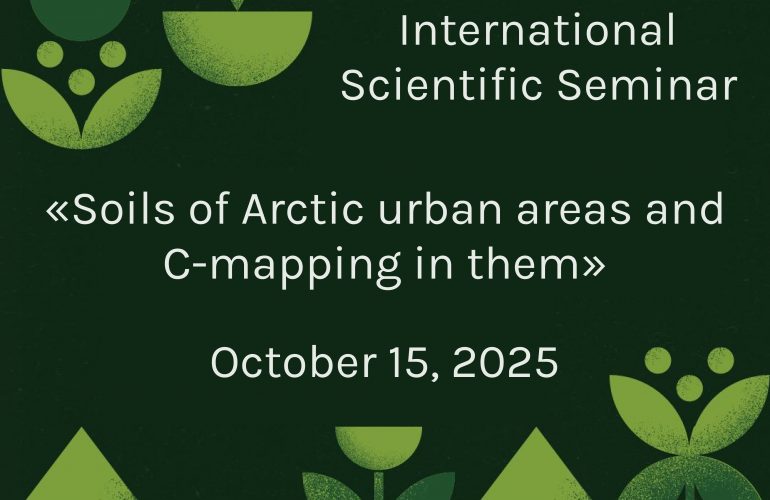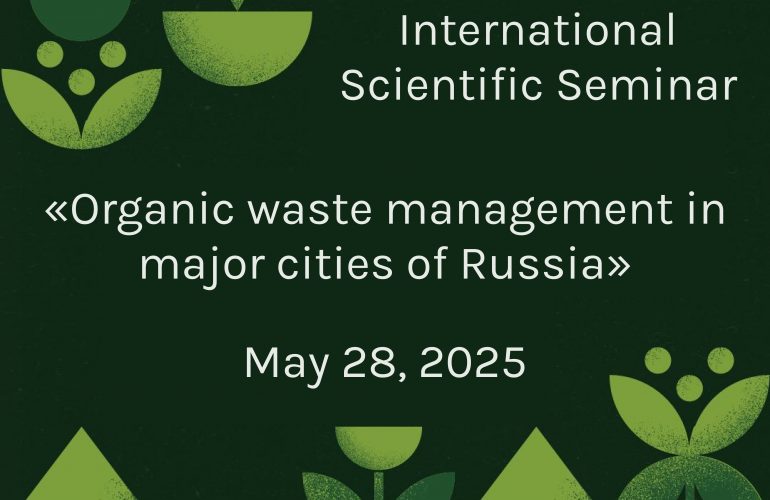Workpackage description
FIELD OF SCIENTIFIC RESEARCH
Development and integration of express methods soil quality and health assessment in urban environments.
In this project, we will develop, evaluate and integrate methods using XRF and Vis-NIR diffuse reflection in a combination of the traditional methods to monitor and assess the urban soil quality and health.
AIMS OF THE PROJECT
PROBLEMS OF THE PROJECT
To detect and examine the distribution of heavy metals in urban soils with a fast, reliable and environmentally friendly method is needed. However, each instrument requires calibration, which may also be adjusted for different soils. More specifically, it is necessary to overcome the following issues when working with an XRF: arsenic interferes with lead, cadmium is overestimed, aluminum can’t be measured, soil thickness for various metals, moisture content can’t be calibrated (the energy of the characteristic X-ray fluorescence of each element is important), and soil heterogeneity/matrix effect.
At the same time, it is needed to find the soil sensitive indexes and develop the express methods to monitor their state in an urban environment.
DESCRIPTION OF THE SCIENTIFIC APPROACHES AND METHODS USED TO SOLVE THE PROBLEMS SET
The project includes 4 stages from the calibration of the instrument to using technology on various soil media across different regions.
- Overview of existing traditional soil quality and health assessment methods
- Overview of existing express methods for assessing soil quality and finding the sensitive biological indexes for soil health assessment
- Application of Vis-NIR diffuse reflection spectroscopic method for assessing the bioavailability of lead in urban soils, as well as for carbon and glomalin contents
- Development of methodology for testing the XRF-technology to determine chemical composition of soil and liquid extractions.
1 stage: development methodology to measure metal salts in various media
2 stage: lab trials and calibrations
3 stage: field experiments in Moscow and regions
4 stage: database, maps and writing papers
EXPECTED RESULTS OF THE PROJECT
This project on successful completion will retrieve a number of interesting results.
Development of methods for express assessment of soil quality and health in the city for publication in high impact factor journal with Q1 index.
Adaptation of the developed methods for various soil media in Moscow and regions will fetch a satisfying journal with Q1 index.
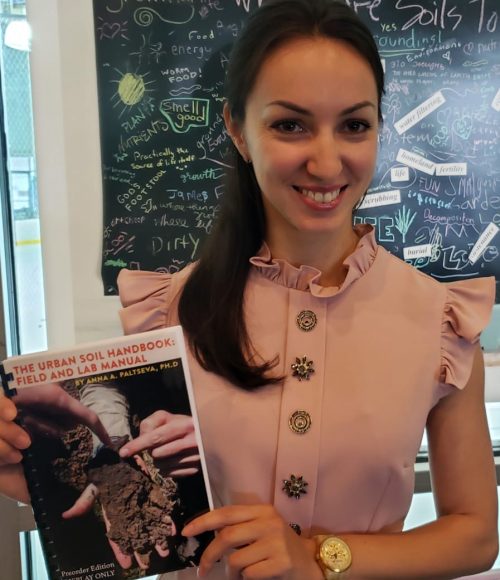
Anna Paltseva
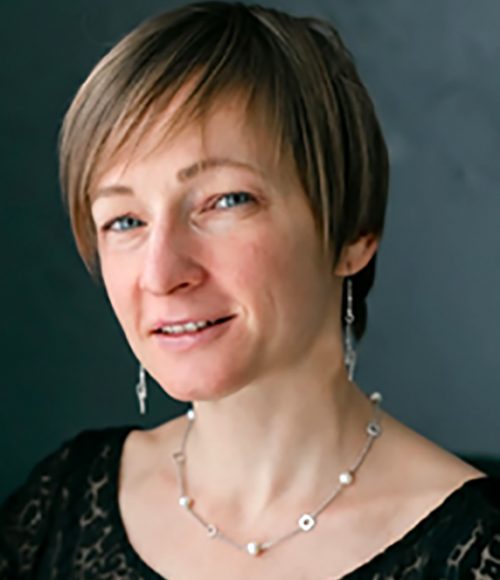
Olga Gavrichkova
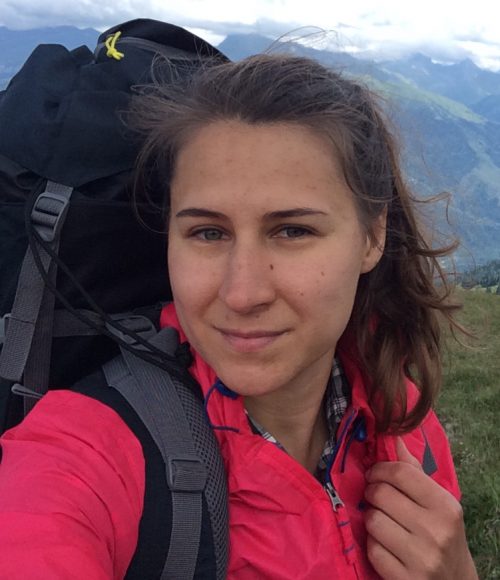
Kristina Ivashchenko

Marina Slukovskaya
Publications
Remediation of an urban garden with elevated levels of soil contamination
Science of The Total Environment, Volume 72220, June 2020, Article 137965
Anna A. Paltseva, Zhongqi Cheng, Sara Perl Egendorf, Peter M. Groffman


